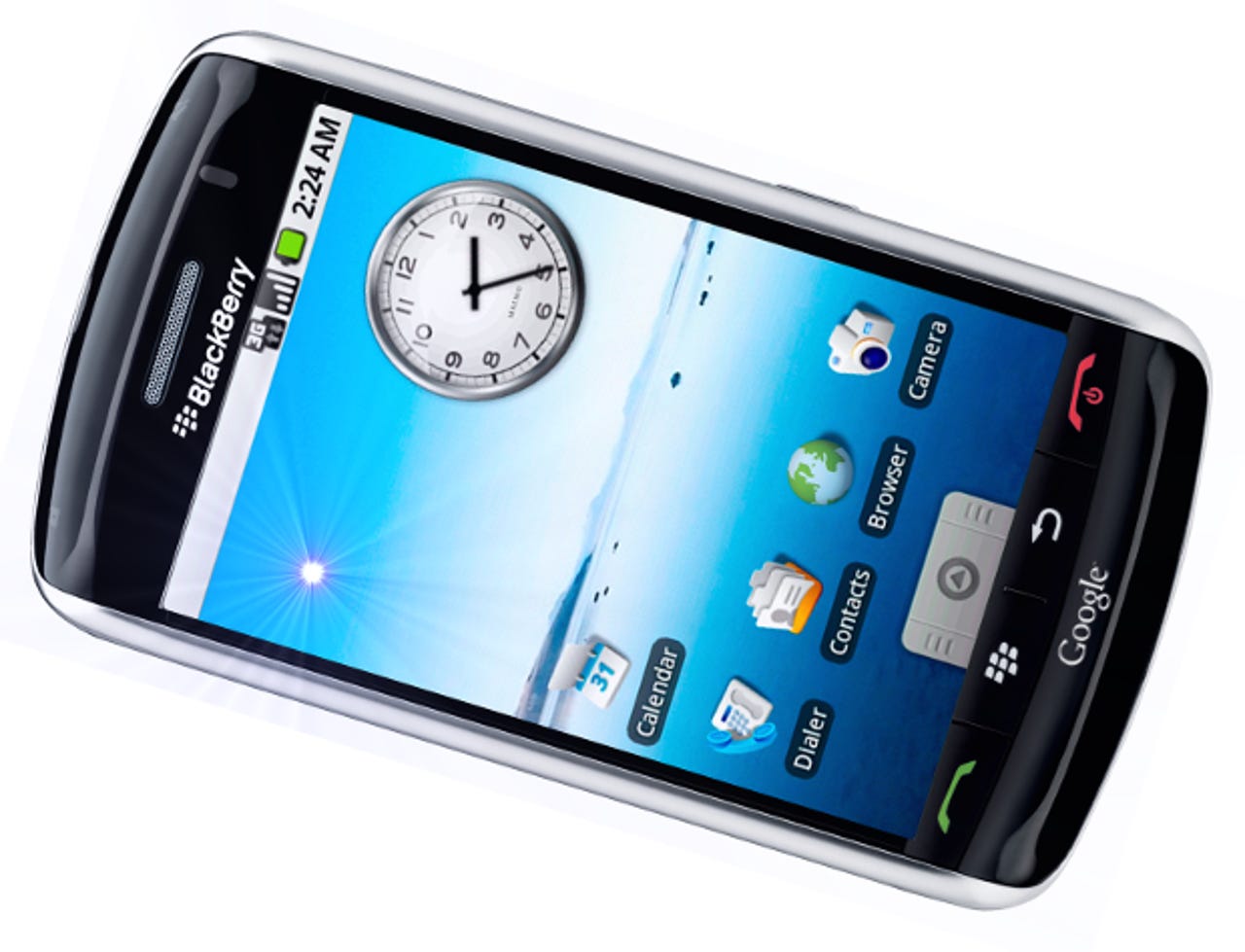How BlackBerry could have saved itself


Recently I said that I was not going to put any more words into the subject of BlackBerry's demise.
Instead, I wanted to concentrate on the future, about what was likely to happen after the company was gone, and how might the void created by the company's departure might be filled.
I thought I was finished with those sorts of thought experiments. But with the transpiring of recent events that include an on-and-off acquisition roller-coaster ride, the ouster and replacement of the company's CEO this month as well as the departure of much of their management old guard this week, I still think about what the company could have done to avoid such a mess.
Read this
Four years ago today, in December of 2009, BlackBerry, then Research in Motion, was at a crossroads. Their OS 4.x/5.x J2ME platform running their traditional QWERTY phones and their latest touchscreen device at the time, the Storm 2, was clearly showing signs of age and needed replacement.
In 2009, Both the iPhone and Android-based devices were on the market for about two years.
RIM chose to wait until 2010, just after the launch of the first iPad, to purchase Ottawa-based QNX and pursue the creation of their own mobile OS DNA, leading to the development of the failed PlayBook tablet and BlackBerry OS 10 that runs on their current Z10, Q10 and Z30 smartphones.
There were many other things that went pear-shaped afterwards, but the decision to buy QNX was a key inflection point for the company and was the beginning of RIM's downward spiral, one which is characterized by a single word that has virtually become the company's trademark: Beleaguered.
What could have they done differently?
In December of 2009, I had a possible answer: Become an Android handset maker.
Now that I think about it, simply becoming an Android handset maker would have been too limiting and would have made them too dependent on Google, even if they would have ended up in a better place than they are now, and creating an ecosystem similar to Amazon's or perhaps even Samsung's.
What RIM really should have done is become platform-agnostic. They should have built an iOS and Android secure messaging client that could have been sold along with BlackBerry Enterprise Server (BES) and deployed by any enterprise using existing sideloading methods, and they also should have developed their BBM for Android and iOS at the same time as well, during the height of its popularity, instead of years later.
Think about it. What if, instead of buying QNX, and attempting to marshal developers to build apps for it, had BlackBerry focused its energies on building a really solid messaging stack for all of the existing mobile OSes instead?
There's no telling of whether or not BES support could have been integrated into iOS itself, much like Cisco and Microsoft licensed their respective VPN and messaging technologies. But I have to think it was a strong possibility had RIM's management wanted it there, rather than adopting a "Not invented here" philosophy that characterized the company for so long.
And at least as Google's mobile OS is concerned, they could have worked with Samsung, HTC, LG or any number of OEMs and carriers to build licensed BlackBerry-enabled handsets running Android, and even on Windows Phone, when it was released in 2010.
I don't want to get into discussing the technical merits of QNX, because I have gone on record in the past praising its capabilities. Indeed, there were initial problems with the PlayBook that were so infuriating such as a lack of a native email and PIM client and requiring a BlackBerry handset to "Bridge" that it was doomed to failure.
But those were not QNX issues. They were product-specific and it was a software development gap on part of the PlayBook product and engineering team.
The issue of the QNX acquisition was never a question of its raw technical capabilities as an RTOS and its basis for BlackBerry 10, it had to do with bringing yet (another) OS platform onto the market which required so much effort to bring it up to par with competitors' offerings and to go through such a long and arduous hardware development process for the company's smartphone designs to work with the new OS that it became a massive distraction.
Think about it. What if, instead of buying QNX, and attempting to marshal developers to build apps for it, had BlackBerry focused its energies on building a really solid messaging stack for all of the existing mobile OSes instead? As well as creating a clear path for migrating legacy J2ME BlackBerry OS 4.X apps to Android?
I have said many times that BlackBerry's strengths were in secure enterprise messaging and its interest in consumer tech was a dangerous distraction.
The current path under BlackBerry's new leadership is to make BB 10 more Android-compatible and allow sideloading of APK files, as a last-ditch effort to bring the platform into relevance. I beleive those efforts will undoubtedly fail.
It's certainly possible that the company is indeed Beleagured Beyond All Repair (BBAR) and any efforts to alter course are futile. But I'd like to think that in an alternate reality, had the company made different choices, Waterloo would still be prospering.
Could RIM have made different choices that may have altered their destiny for the better, or did they just simply execute badly and not quickly enough? Talk Back and Let Me Know.